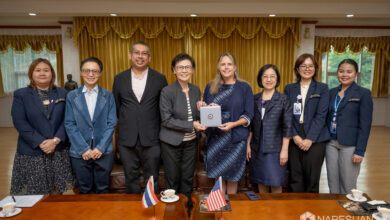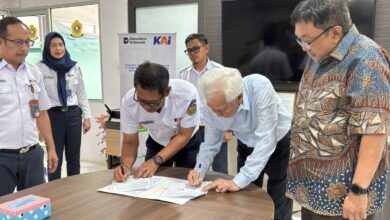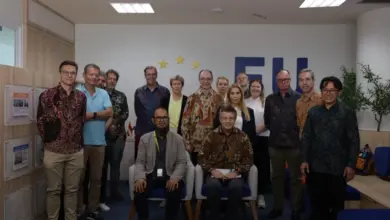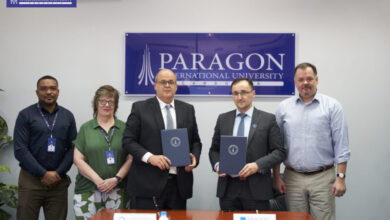UK and Japan partnership to develop new technologies for nuclear waste disposal
New research, led by the University of Sheffield, that will develop technologies to detect and process radioactive waste has been awarded funding by the UK in partnership with the Japanese government
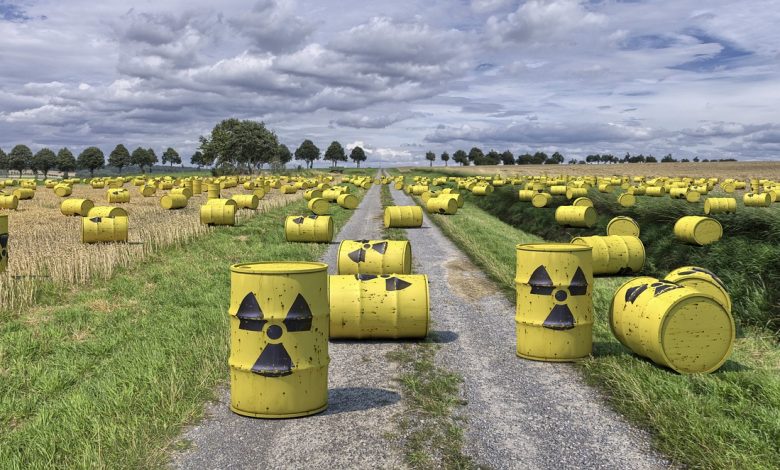
New research, led by the University of Sheffield, that will develop technologies to detect and process radioactive waste has been awarded funding by the UK in partnership with the Japanese government.
The research will support work to decommission Sellafield Nuclear Plant in the UK and remove radioactive debris from the Fukushima nuclear accident in Japan.
The University of Sheffield will lead one of two projects which have been awarded a share of £1 million, delivered by the Engineering and Physical Sciences Research Council (EPSRC), part of UK Research and Innovation, to address challenges in:
The research projects are being led by academics at the universities of Sheffield and Strathclyde.
Dr Brant Walkley, from the University of Sheffield’s Department of Chemical and Biological Engineering, will lead a study to use calcined clays as natural resources to engineer ‘geopolymer binders’. The binders will safely cement solid radioactive fuel debris from molten core concrete comprising metallic alloys, oxides, and silicates, and slurries and sediments.
Dr Brant Walkley, Senior Lecturer at the University of Sheffield’s Department of Chemical and Biological Engineering, said: “It is excellent news that UKRI and MEXT have chosen to fund this research that will tackle immediate and significant challenges with processing and safe disposal of radioactive waste from the Sellafield and Fukushima sites.
“This investment highlights the confidence of UK and Japanese research councils in the University of Sheffield as a centre of research excellence in cement chemistry and engineering. It will enhance our overall programme of work focused on development of new cement technologies for the nuclear sector, and will enable Sheffield to further strengthen its position as a global leader in cement science and engineering.
“This research brings together global academic leaders from the University of Sheffield and Hokkaido University, as well leading UK industrialists from Sellafield Ltd and National Nuclear Laboratory. Working together we will use calcined clays as natural resources to produce robust, multifunctional, and highly effective geopolymer binders for long-term management and disposal of degraded fuels and contaminated wastes in Japan and UK nuclear sectors. This is a critical challenge that must be overcome to safely decommission both the Sellafield and Fukushima sites.”
Find out more : University of Sheffield

